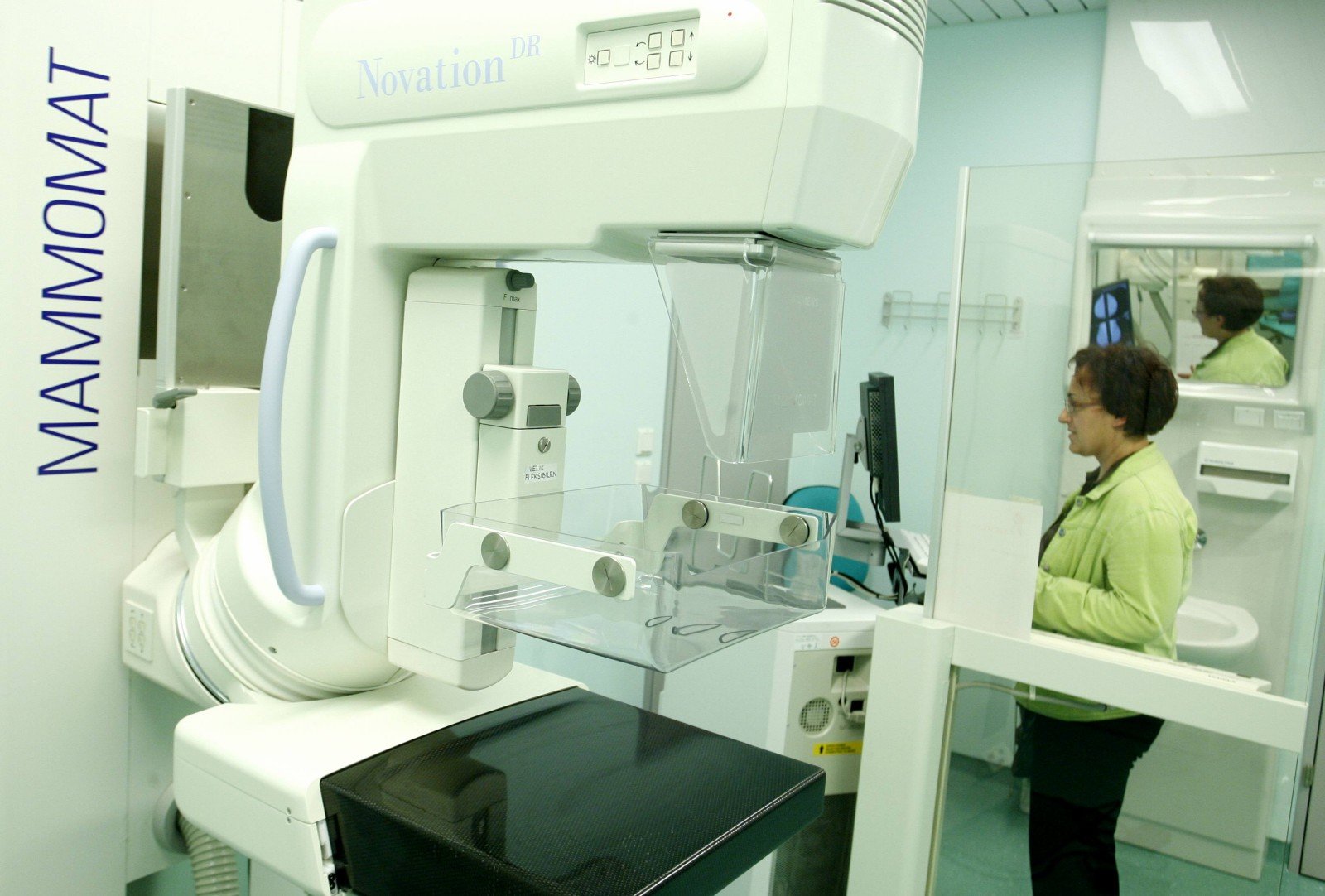Original article (in Slovenian) was published on 16/2/2024; Author: Tina Geč
The Ljubljana Oncology Institute states that mammography, a tool for detecting changes in breast tissue, leads to further testing if any abnormalities are found.
On January 31, an informal group advocating for those affected by vaccinations shared a post on Facebook, making several assertions about mammography and breast X-rays. Among their claims was the assertion that mammography “promotes tumor growth and metastasis,” and that in 50%-60% of instances where breast cancer is diagnosed through mammography, the cancer turns out to be nonexistent.
By February 7, the post had been shared by 247 Facebook users, including the profile euportal.si and the group Za-misli.si, which boasts 5,700 members. On the same day, it received endorsement from Aware Citizens of Slovenia, a movement with 32,000 followers on Facebook.
The Ljubljana Oncology Institute, which runs the national breast cancer screening program, told Razkrinkavanje.si that there are no serious and recognized studies in the global scientific community “that prove mamography can cause tumor growth and metastasis.”
Research published in 2020 in the peer-reviewed Journal of Breast Imaging indicates that most contemporary breast X-ray techniques carry a low to negligible risk of causing death or cancer due to radiation exposure. The study’s author estimated that mammography might lead to a maximum of two cancer cases among 100,000 women in their 50s.
Additionally, the Bosnian website Raskrinkavanje.ba, a signatory of the IFCN Code of Principles, checked the accuracy of these claims about mammography. Una Delić, a Bosnian radiologist with a specialty in breast imaging, informed the portal that the compression of the breast during mammography does not facilitate tumor growth.
The Ljubljana Oncology Institute has clarified that mammography’s role is to identify changes in breast tissue rather than diagnose breast cancer directly. Upon detecting any abnormalities, women are recommended for further evaluation through non-invasive mammography or ultrasound. Statistically, cancer is diagnosed in one out of every five women tested.
Annually, approximately 110,000 women in Slovenia undergo mammography, with about 2.4% receiving false positive results. However, the Oncology Institute noted that this proportion varies depending on institution and country.
A 2012 study published in a peer-reviewed scientific journal The Lancet by the independent UK National Screening Committee highlights overdiagnosis as the principal drawback of mammography. According to their findings, for every one cancer death prevented through mammography, three non-fatal cancers are diagnosed.
The Aware Citizens of Slovenia declined to comment on the findings and requested no further contact. Efforts were also made to inform the association advocating for individuals impacted by vaccination about these findings; however, they have yet to respond. Their reactions will be published upon receipt.
The claim that mammography promotes tumour growth and the spread of metastases is unsubstantiated according to the methodology of Razkrinkavanja.si.
The claim that 50%-60 % of cases of breast cancer diagnosed by mammography turn out not to have existed at all is false. Mammography is not intended to diagnose cancer and the proportion of false-positive results showing changes in breast tissue is much lower.



